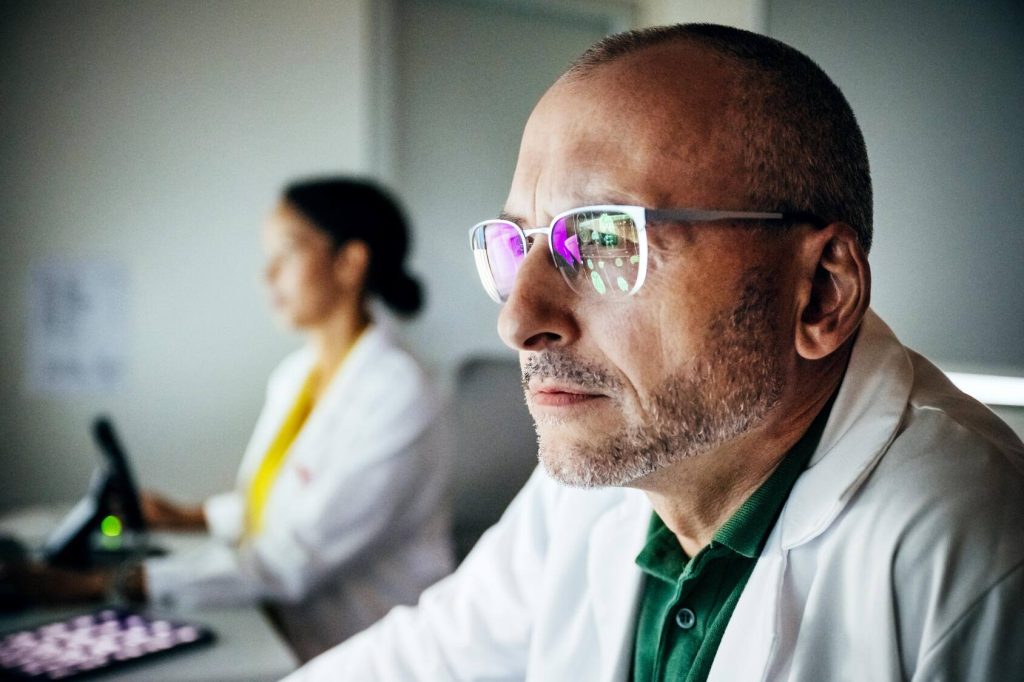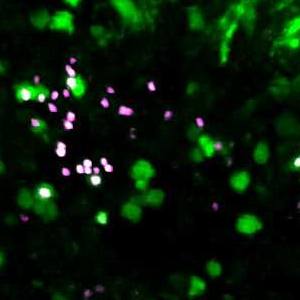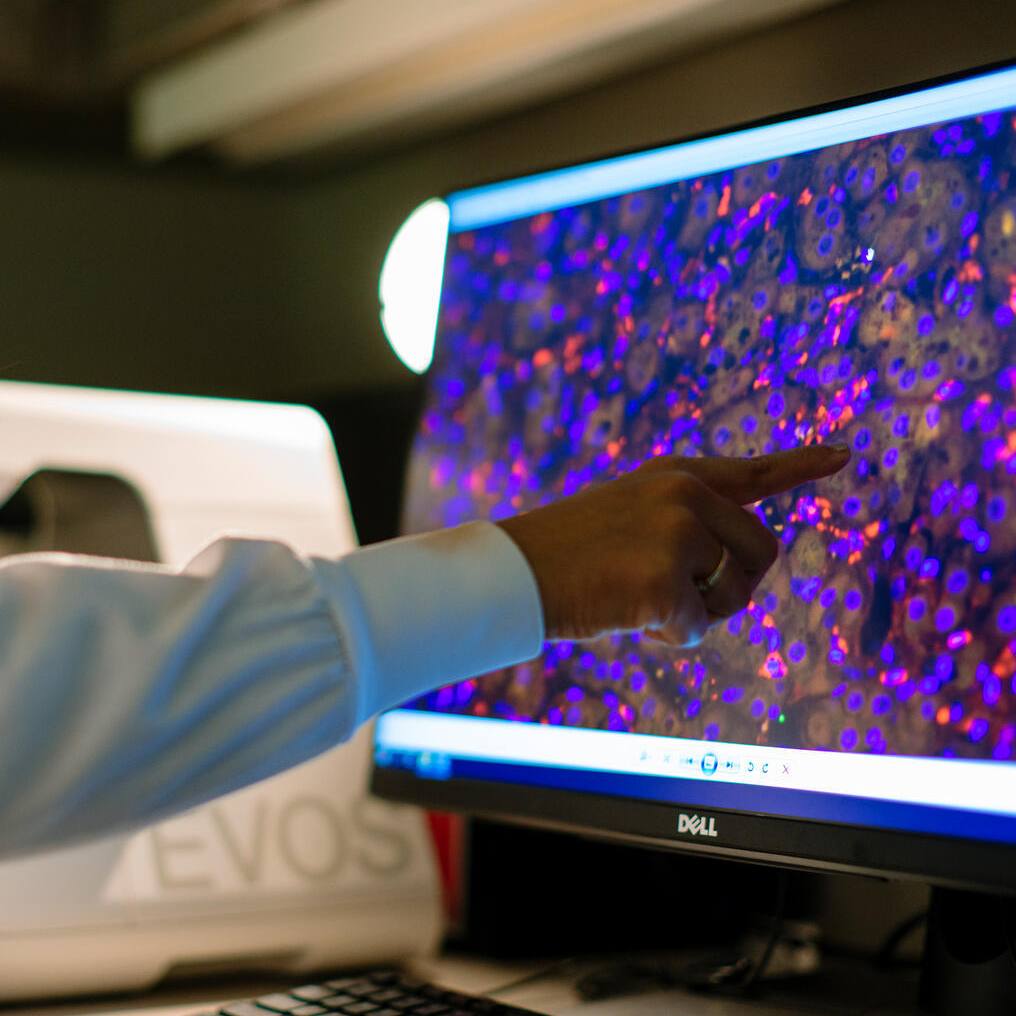-
Mayo Clinic Comprehensive Cancer Center to highlight key studies at ASCO 2024

ROCHESTER, Minn. — Researchers from the Mayo Clinic Comprehensive Cancer Center are set to present key research findings, including two late-breaking abstracts, during the 2024 American Society of Clinical Oncology (ASCO) Annual Meeting in Chicago May 31-June 4. These studies shed light on critical aspects of cancer treatment and management. Below are the highlights:
The impact of adjuvant endocrine therapy (AET) omission in estrogen receptor (ER)-low (1%-10%) early-stage breast cancer (Abstract: 513)
- Presenter: Grace Choong, M.D., medical oncologist
- Key Insight: In patients with ER-low breast cancer, omission of AET in patients treated with chemotherapy is associated with a 25% higher risk of death than those who receive AET. The impact of AET omission was most pronounced in patients with residual disease after neoadjuvant chemotherapy. Therefore, AET should be recommended in patients with ER-low breast cancer until further studies can be performed.
- Day and Time: May 31, 3:15–3:21 p.m. CDT
- Location: E451 | On Demand
Final results of a phase 2 study of tucatinib and trastuzumab for HER2-positive mCRC (MOUNTAINEER) (Abstract: 3509)
- Senior Author: Tanios Bekaii-Saab, M.D., medical oncologist
- Key Insight: This presentation includes the final analysis of the MOUNTAINEER trial and reaffirms the clinically meaningful anti-tumor activity and favorable tolerability of tucatinib plus trastuzumab, a chemotherapy-free treatment option for patients with HER2+ mCRC, the first regimen to be approved by the U.S. Food and Drug Administration for this indication.
- Day and Time: June 3, 1:15–1:21 p.m. CDT
- Location: Arie Crown Theater | Live Stream
Phase 3 randomized trial of intensity-modulated proton therapy (IMPT) versus intensity-modulated photon therapy (IMRT) for the treatment of head and neck oropharyngeal carcinoma (OPC) (Abstract: 6006)
- Senior Author: Robert Foote, M.D., radiation oncologist
- Key Insight: Intensity-modulated proton therapy (IMPT) is non-inferior to intensity modulated-photon therapy (IMRT) as measured by progression-free survival at three years and has emerged as a standard of care chemoradiotherapy treatment for oropharyngeal cancer. More patients treated with IMPT maintained their weight and fewer required gastrostomy tubes compared to patients treated with IMRT. IMPT is recommended for oropharyngeal cancer because it minimizes radiation to important organs while effectively treating the cancer.
- Day and Time: June 4, 11:45–11:57 a.m. CDT
- Location: S100a | Live Stream
Late-breaking abstract: Alliance A222001: A randomized, double-blind, placebo-controlled phase 2 study of oxybutynin versus placebo for the treatment of hot flashes in men receiving androgen deprivation therapy (Abstract: LBA12004)
- Presenter: Brad Stish, M.D., radiation oncologist, will share the results during the Symptom Science and Palliative Care track.
- Key insights: The abstract becomes available at the time of the presentation.
- Day and Time: June 2, 9:12–9:24 a.m. CDT
- Location: S100a | Live Stream
Late-breaking abstract: Primary outcomes of the enhanced, EHR-facilitated cancer symptom control (E2C2) cluster-randomized, stepped wedge, pragmatic trial (Abstract: LBA12006)
- Presenter: Andrea Cheville, M.D., pain, rehabilitation and palliative care physician, will share findings during the Symptom Science and Palliative Care track.
- Key insights: The abstract becomes available at the time of the presentation.
- Day and Time: June 2, 10–10:12 a.m. CDT
- Location: S100a | Live Stream
In addition, Dr. Cheville's research extends to the following posters presented by Mayo Clinic researchers, all based on data from the E2C2 trial:
- SPPADE symptom prevalence and severity in a diverse sample of patients living with metastatic cancers, presented by Deirdre Pachman, M.D., palliative fellow. (Abstract: 11108 / Poster: 303)
- Symptom burden in adolescents and young adults with cancer: A subgroup analysis of the enhanced, EHR-facilitated cancer symptom control (E2C2) trial, presented by Michael Storandt, M.D., internal medicine resident. (Abstract: 12065 / Poster: 194)
- Proactive, automated monitoring of uncontrolled symptoms in prostate cancer survivors across the cancer control continuum (Abstract: 12079 / Poster: 208)
Additional abstracts, posters and presentations featuring Mayo Clinic Comprehensive Cancer Center researchers can be found here.
###
About Mayo Clinic Comprehensive Cancer Center
Designated as a comprehensive cancer center by the National Cancer Institute, Mayo Clinic Comprehensive Cancer Center is defining new boundaries in possibility, focusing on patient-centered care, developing novel treatments, training future generations of cancer experts and bringing cancer research to communities. At Mayo Clinic Comprehensive Cancer Center, a culture of innovation and collaboration is driving research breakthroughs that are changing approaches to cancer prevention, screening and treatment, and improving the lives of cancer survivors.
Media Contacts:
- Onsite at ASCO: Audrey Laine Seymour, Mayo Clinic Communications, newsbureau@mayo.edu
- Kelley Luckstein, Mayo Clinic Communications, newsbureau@mayo.edu







